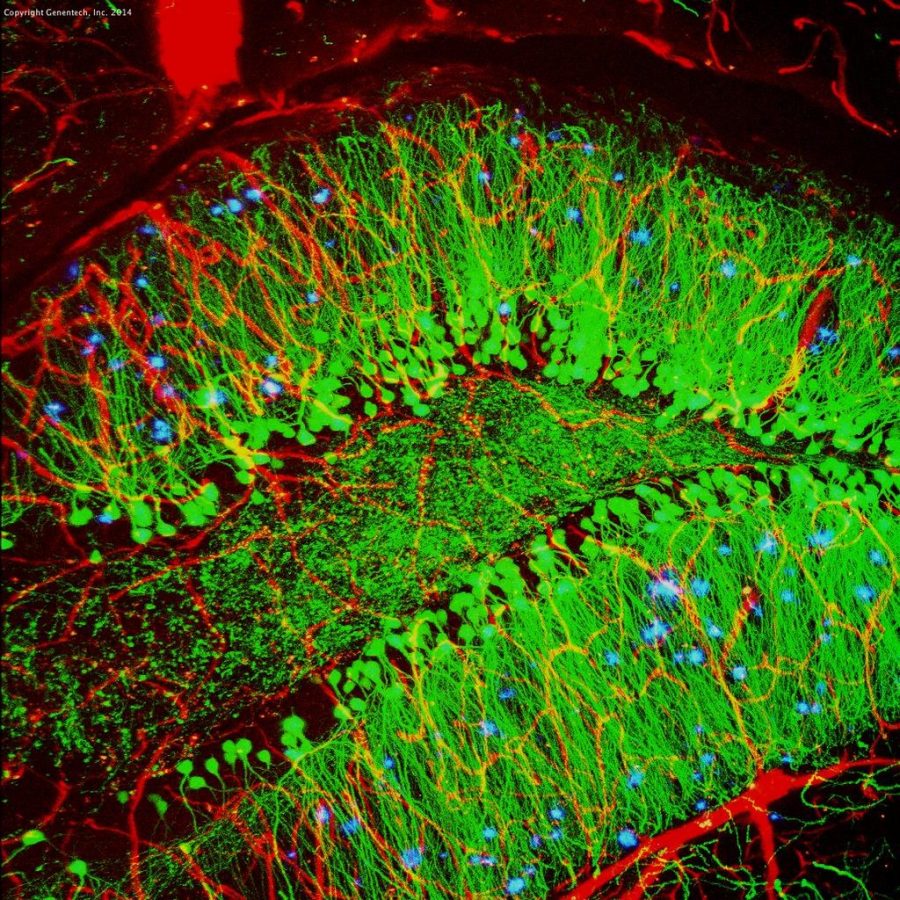A Breakthrough In The Treatment Of Alzheimer’s: A New Drug Slows Cognitive Decline
Are we closer to a cure for the disease?
An antibody therapy that can remove the amyloid toxin in patients with Alzheimer’s disease has been shown to slow down the progression of the disease in clinical trials, The Independent reported. This is seen as a major breakthrough in treating the disease after years of scientific research.
Alzheimer’s disease is a brain disorder that affects individuals in the latter stages of their life and impacts their memory and thinking ability. In the most severe cases, Alzheimer’s patients cannot carry out the simplest tasks. According to estimates from the National Institute of Aging, as many as six million Americans may have dementia caused by Alzheimer’s disease.
Scientists do not fully understand the cause of the disease, which makes it difficult to devise a cure. In such a scenario, even a drug that reduces the severity of the disease is hailed as a breakthrough and the results of the recent drug trial demonstrate more than a mere slowdown of disease progression.
What did the trial find?
The trial for the antibody therapy called lecanemab involved nearly 1,800 individuals, aged between 50-90 years, who had been diagnosed with early Alzheimer’s disease. The drug was administered to the patients on a fortnightly basis as an intravenous drip for a period of 18 months.
Using a clinical scale, the researchers assessed the severity of dementia by measuring symptons such as forgetfulness, problem-solving skills, and the ability to live independently. The researchers found that memory decline slowed in patients by 27 percent in those who received the drug. Administering the drug did not halt the disease progression in patients, but it was found to have progressed more slowly in those receiving lecanemab.
During the trial, the researchers also used blood tests and brain scans to measure the levels of amyloid in the patients. In patients that received the antibody drug during the trial, the amyloid levels fell so low that the patients could no longer be clinically diagnosed as affected by Alzheimer’s.
When will the drug be available?
Experts told The Guardian that the drug could provide a real treatment option for the disease and more benefits would become more apparent with time. Other researchers have, however, warned about the risk of adverse events, such as the increased risk of bleeding from using the drug.
During the trial, two participants reportedly died, but the drug manufacturers have claimed that the causes of their deaths were not related to the antibody used. Developed by U.S.-based Biogen and Japanese pharmaceutical company Eisai, the drug will be tested in longer period trials to determine its efficacy and safety, said the research published in the New England Journal of Medicine released on Tuesday.
The drug maker is also seeking accelerated approval for the treatment with the US FDA as early as march 2023, Interesting Engineering reported in September.
Related Stories:
- https://interestingengineering.com/health/drug-slows-alzheimers-progression
- https://www.nejm.org/doi/full/10.1056/NEJMoa2212948
- https://www.theguardian.com/society/2022/nov/30/drug-slows-cognitive-decline-in-alzheimers-patients-study-reveals
- https://interestingengineering.com/health/a-new-study-finds-that-alzheimers-disease-can-be-diagnosed-before-symptoms-occur
- https://interestingengineering.com/science/the-cause-of-alzheimers-disease
TAKE ACTION:















